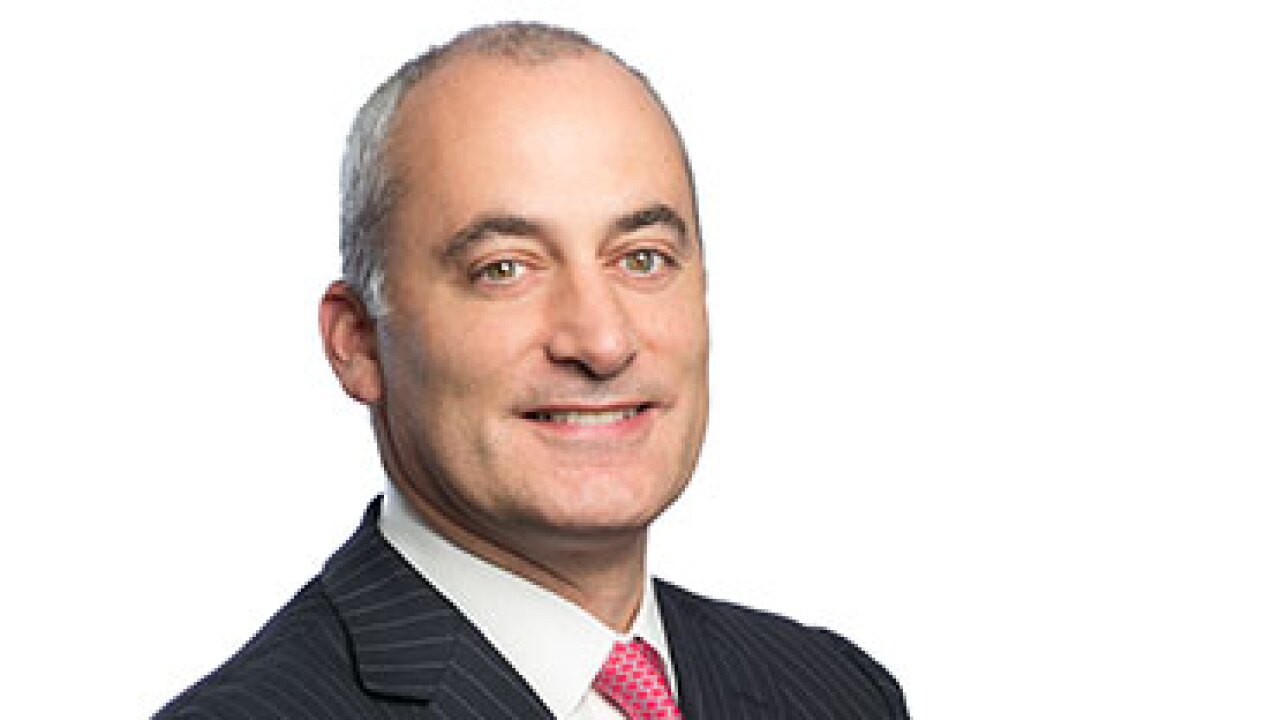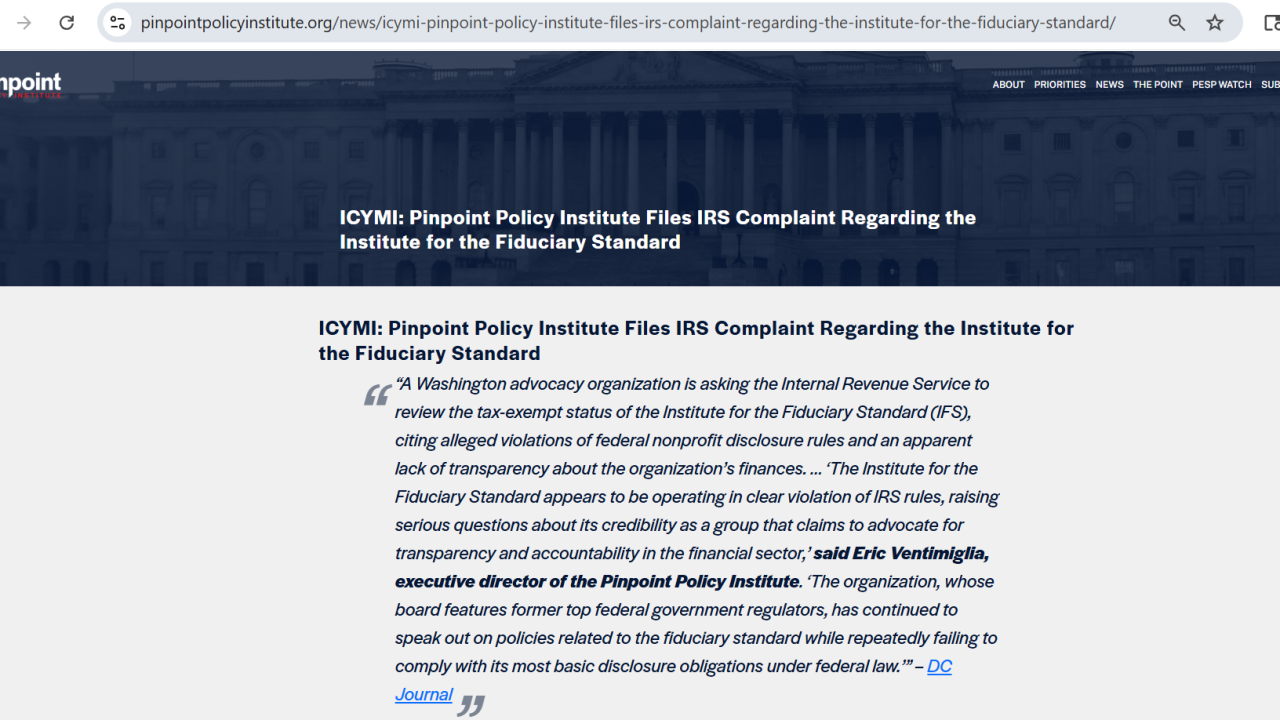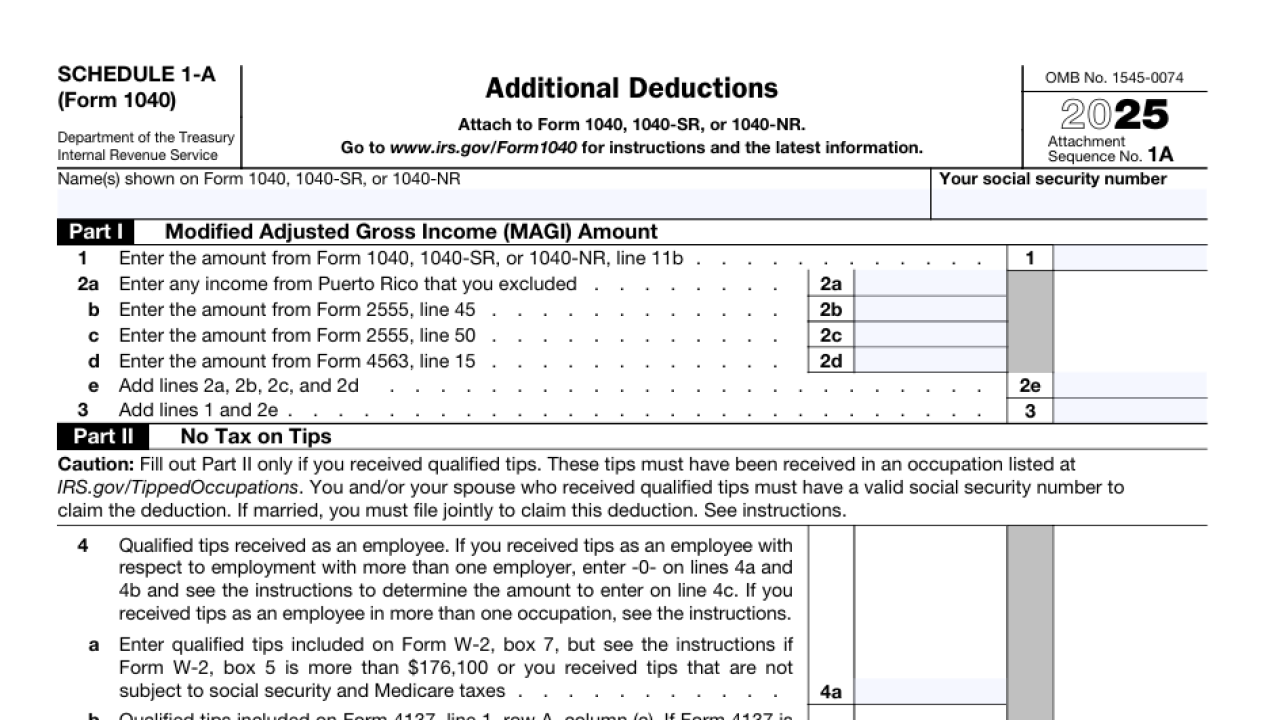(Bloomberg) Tax lawyer Robert Wellen’s telephone keeps ringing with calls from hedge-fund executives he’s never met.
They’re desperate for clues about the Treasury Department’s planned crackdown on corporate inversions, overseas mergers that cut companies’ U.S. tax payments. The barrage of out-of-the-blue queries in the past several weeks is unprecedented in his 40-year career, Wellen said.
“It was completely from no place that these people called us,” said Wellen, a partner at Ivins, Phillips & Barker in Washington, which counts two top Treasury Department tax lawyers among its alumni. “These folks were really trying to get whatever insights they could, from whoever they could.”
Wellen is one of many lawyers, lobbyists and political intelligence specialists hounded by investment firms since President Barack Obama said this month the Treasury would study action to limit inversions. The firms are worried about billions of dollars of trades they’ve placed on mergers, and the potential that new regulations could sour the investments.
Investors seeking such information include hedge-fund companies of all sizes, including firms managing more than $20 billion in assets, said lawyers, lobbyists and policy analysts who spoke on condition of anonymity and declined to identify their clients.
Political Calculus’
The uncertainty about what Treasury might do has left markets guessing while allowing Obama to shine a spotlight on the deals as November’s congressional elections near. Democrats in particular have seized on inversions as an example of corporate behavior that hurts average taxpayers. Congress is deadlocked on a Democratic proposal to end the practice.
“It’s a political calculus right now” for the administration, said Stephen Myrow, managing partner of Beacon Policy Advisors LLC in Washington, which provides independent research to investment firms. He said he has been advising his clients almost daily on the inversion debate.
The hedge funds’ reaction shows the difficulty of balancing the administration’s policy goal of preventing inversions with election-year politics, Myrow and other analysts said.
“On the one hand, by maximizing the uncertainty of regulatory action, they are trying to freeze the announcement of any further deals,” said Myrow, who worked at the Treasury Department during the George W. Bush administration. “On the other hand, once the administration shows their cards, they risk opening the floodgates” to more mergers.
Medtronic and AbbVie
Obama started criticizing inversions in July, after Medtronic Inc. and AbbVie Inc. announced the two largest such deals in U.S. history. In inversions, U.S.-based companies merge with a smaller foreign business and take a non-U.S. address for tax purposes, typically without moving their operations or executives.
The president labeled companies that employ the maneuver “corporate deserters.”
After Obama said on Aug. 6 that Treasury would study enacting new rules, no U.S. companies announced inversion plans as they analyzed whether they would be penalized for taking a foreign address.
That changed last week when Burger King Worldwide Inc. said it would purchase Canadian fast-food chain Tim Hortons Inc. and put its headquarters in that country. Burger King has taken pains to say its motive wasn’t to avoid U.S. taxes and that it will pay close to the same tax rate as it does while based in Miami.
Tough Spot
Obama’s decision to press the issue put the Treasury Department in a difficult spot. Secretary Jacob J. Lew said in July the agency had scoured the tax code and decided it didn’t have the authority to act on its own. Now, Treasury is re-examining its powers and studying how aggressive a position the government should take.
The president said last month he wants Treasury to consider issuing new rules “as quickly as possible.”
The agency, which handles tax policy in cooperation with the Internal Revenue Service, doesn’t often write regulations on the fly at the behest of the White House. While it has the ability to issue directives that are effective immediately, most of its rules take months to gestate and allow for public comments.
The department has several options for issuing rules to make inversions less attractive.
Earnings Stripping
One approach could curb earnings-stripping, the practice of loading the new U.S. unit with deductible debt. The Treasury also could limit U.S. companies’ ability to use their offshore earnings for inversion deals without paying U.S. taxes.
Based on past practice, the Treasury Department and IRS could issue a notice generally describing their plans and announcing that the rules would become effective as of the date of the notice. Formal regulations would then follow.
The biggest group of hedge funds affected by the corporate-inversion debate employ a so-called merger arbitrage strategy, making bets on whether a deal will go through. That usually entails buying the shares of one of the companies while selling the other’s short.
The strategy seeks to capitalize on the difference between the trading price of the target company and the price the acquiring firm has said it will pay when the transaction closes.
Other hedge funds paying attention are invested in a particular industry, like health care, where many of the inversion takeovers have been occurring. Some funds with more general trading strategies also are moving into mergers, seeing an opportunistic investment.
Paulson Stake
Among those with the biggest stake in the outcome is Paulson & Co., the New York-based hedge fund firm run by billionaire John Paulson, who has pursued merger-arbitrage wagers for two decades.
Paulson & Co. has recently built up stakes worth more than $2 billion in Shire Plc, the company being purchased by AbbVie, and $1 billion in Medtronic’s purchase target, Covidien Plc, according to securities filings. Both companies have tax addresses in Ireland. Armel Leslie, a spokesman for Paulson & Co., declined to comment.
As Treasury officials try to stop what they consider an abusive practice by companies carrying out inversions, they will be especially careful about what information they share with anyone who calls or asks questions, a former agency official said.
Hunker Down’
“To the extent that you work on something that might be market-moving, you hunker down,” said Stephen Shay, who was the top Treasury Department international tax official earlier in Obama’s presidency. “Particularly when you don’t know what the decision’s going to be.”
Shay, now a Harvard Law School professor, wrote a Tax Notes article in July urging the administration to think more broadly about its regulatory authority.
Myrow, the Treasury aide turned policy analyst, said he sees politics at work and has concluded that the Treasury is most likely to “nibble around the edges” of limiting the tax benefits of inversions.
“Wall Street takes everything from Washington literally, and it can cause an overreaction,” he said. “A lot of noise that comes from Washington is simply political posturing. And that is what is going on right now.”
—With assistance from Zachary R. Mider in New York





